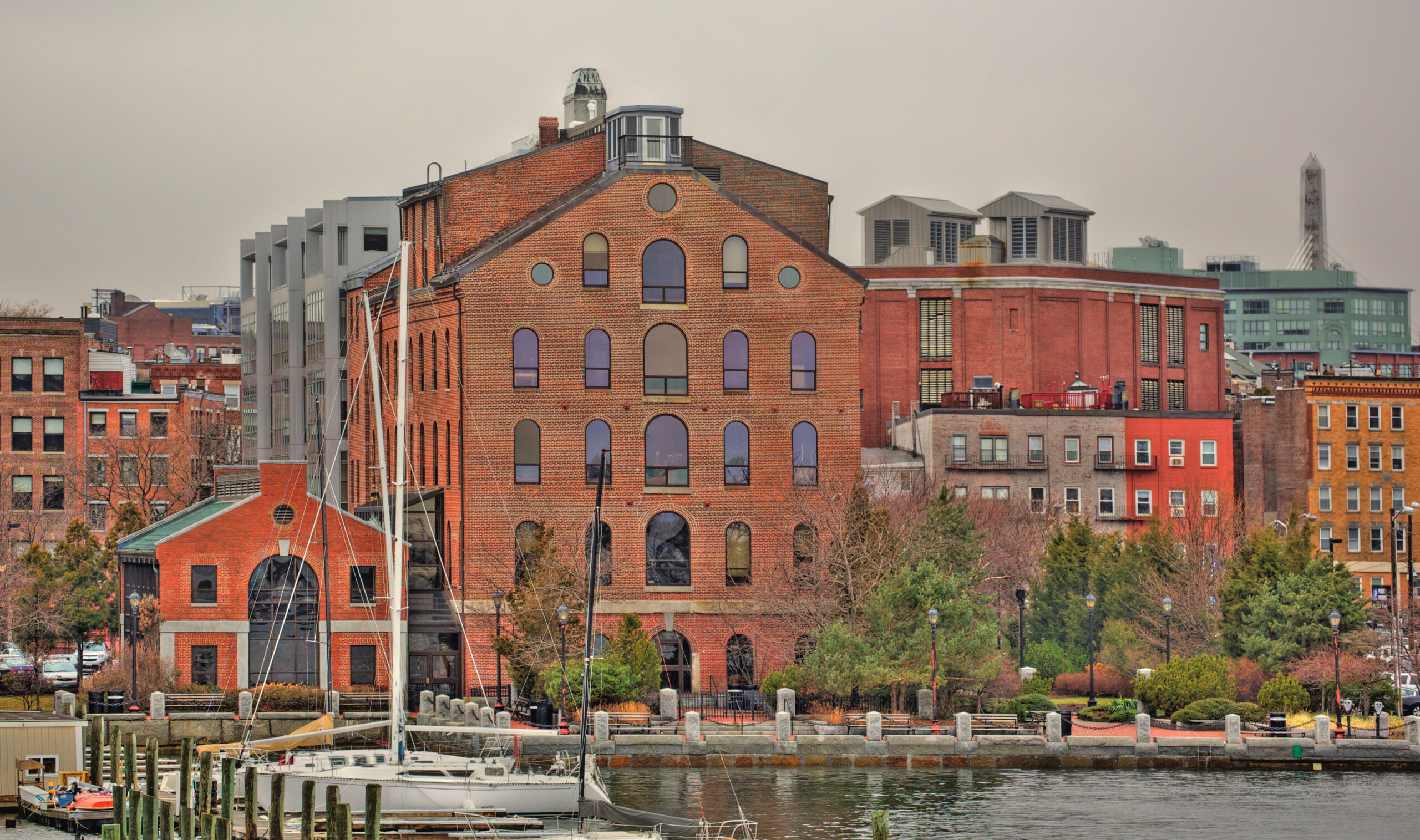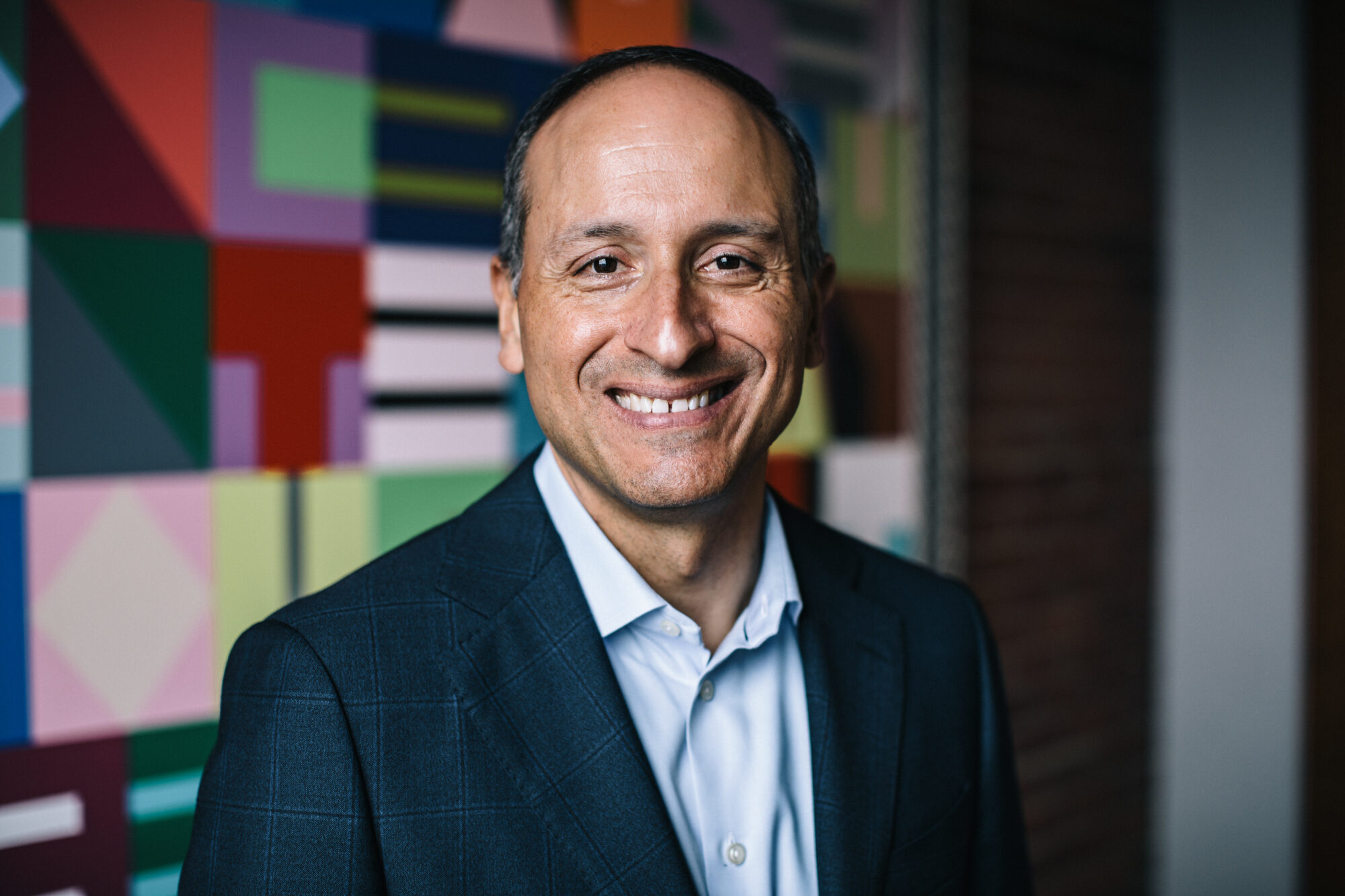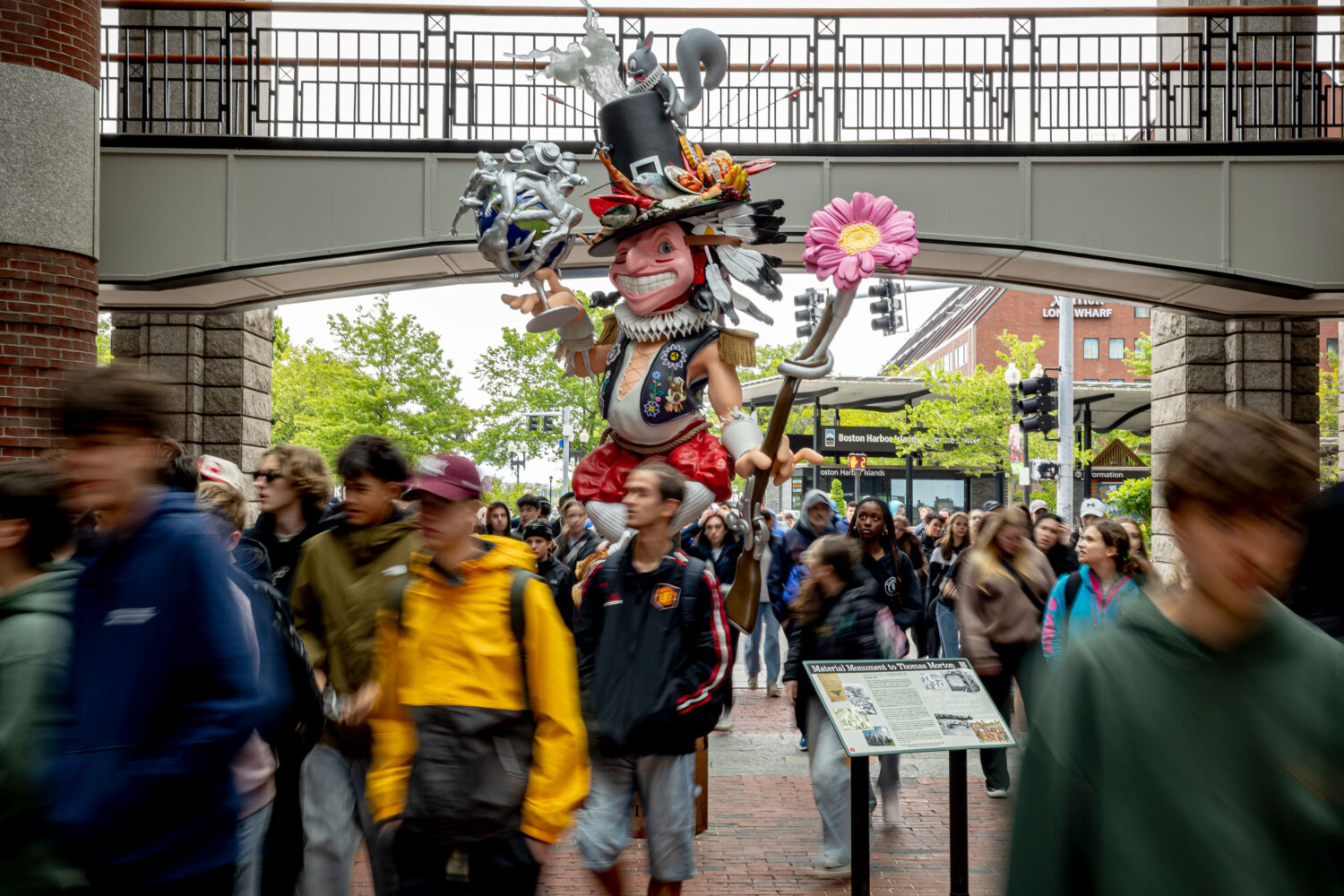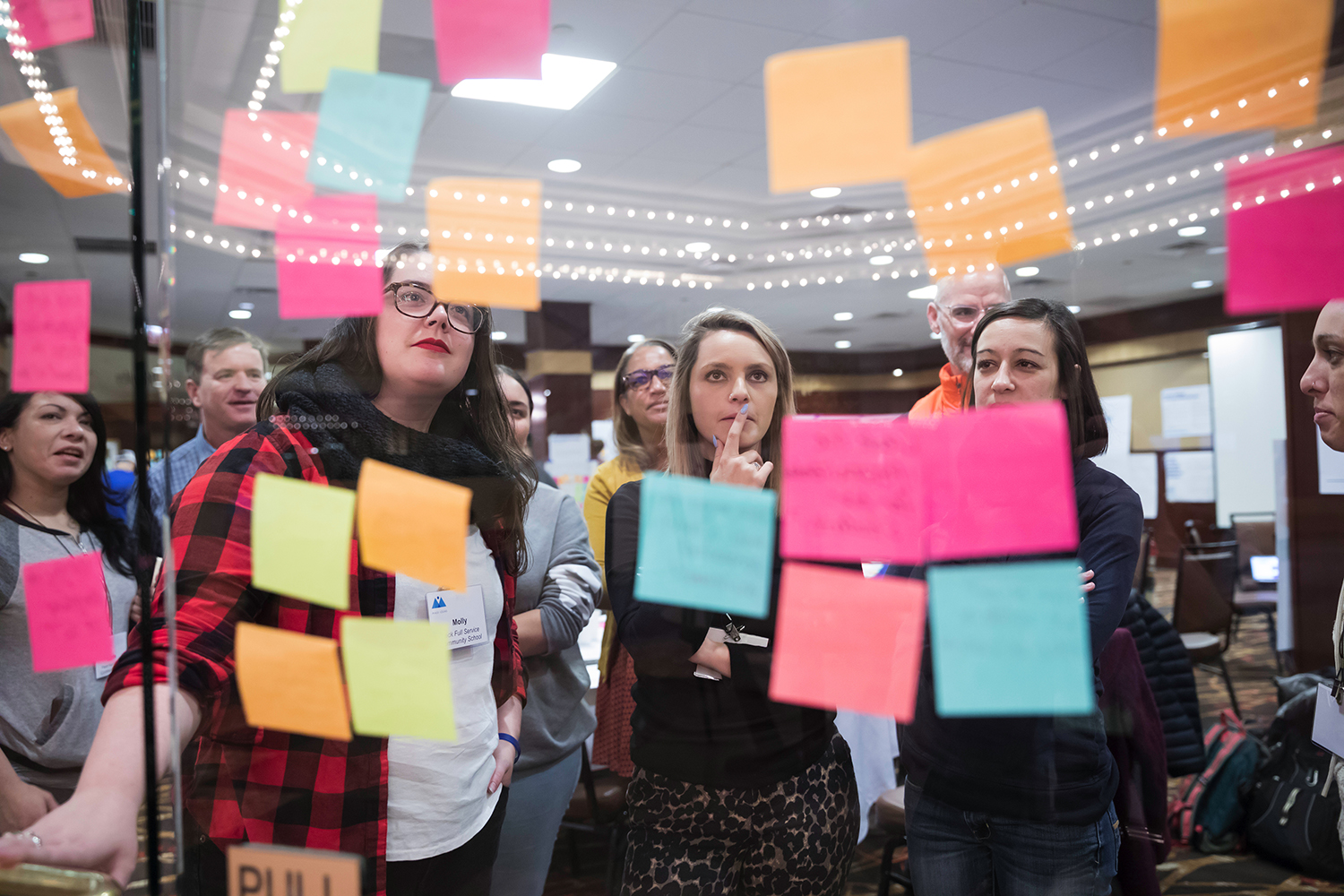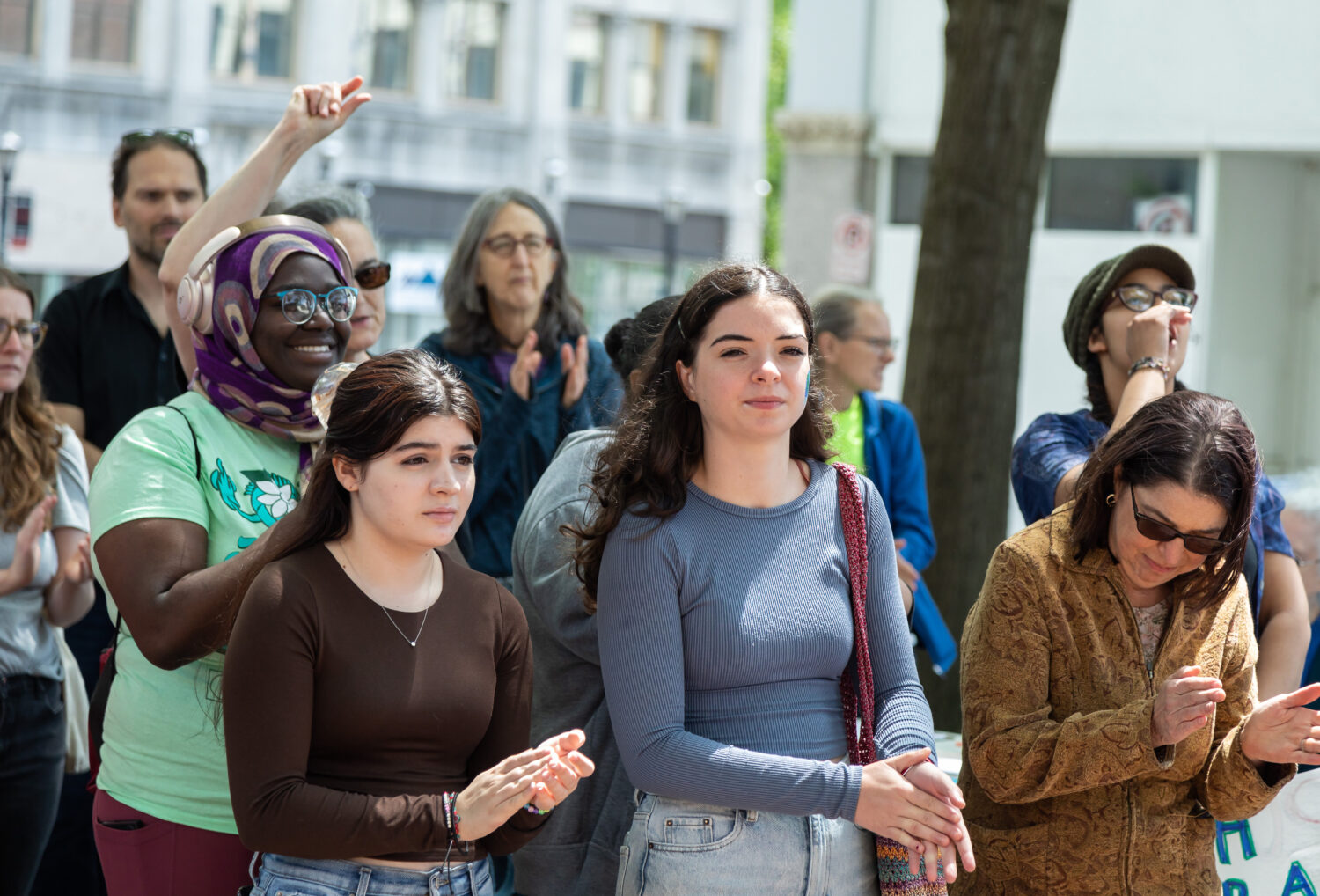It was jolting to learn of the Supreme Court’s decision last week, declaring race-conscious admissions programs at Harvard University and the University of North Carolina to be unlawful, even if it seemed a preordained conclusion. While the Court’s decision narrowly focused on higher education, the door is now open to further legal challenges to affirmative action and race-conscious programs in other settings.
For organizations like our own, where advancing racial equity is a cornerstone of our work, the decision represents a devastating setback for us and our partners. Furthermore, Barr’s Education program is grounded in the unwavering belief that all students—regardless of who they are or where they live—deserve access to high-quality learning experiences that prepare them for college, career, and life. These are among the many reasons the Barr Foundation joined with many other allied philanthropic partners in adding our name last week to this joint statement in response to the decision.
My response here is a more personal one.
I spent part of this Independence Day weekend reading the full 237-page opinion issued by the Court. I wanted to understand for myself—without expert analysis or political spin to intermediate—how the majority justified its conclusion and how the dissenting justices framed their concerns.
I was particularly struck by this statement in Justice Sonia Sotomayor’s dissent:
That is indeed my story.
I have undeniably been a beneficiary of race-conscious programs that served to open doors, broaden my networks, and forge otherwise unattainable pathways. I was born into a tenuous lower middle-class background, at times relying on public assistance and support. There were no college graduates in my immediate family, and I was raised by my great-grandmother, an immigrant from Nicaragua, who spoke only Spanish.
And yet, it is absolutely the case that intentional efforts to broaden opportunity in a race-conscious manner contributed to where I am today: in a professional position of tremendous privilege—and yes, power—with two degrees from Stanford University, and living in a very different socio-economic context than what I experienced growing up.
My story is hardly unique, and that’s part of the promise of America.But, with the majority of the Court essentially embracing the tired mythology of “colorblindness,” we are told to set aside the role of race. Again, quoting Justice Sotomayor from her dissent: “Ignoring race will not equalize a society that is racially unequal. What was true in the 1860s, and again in 1954, is true today: Equality requires acknowledgment of inequality [emphasis added].”
As we know from our own work at the Barr Foundation, efforts to dismantle systemic racism, counter racial oppression, and advance racial equity require that we reckon with our past. As our recent staff-wide learning journey to Alabama made plainly evident, the road to equality requires that we understand, recognize, and rectify inequality.
That the Supreme Court would declare unlawful one of the most effective methods for achieving equality—despite mountains of evidence, countless stories like my own, and decades of legal precedent—is deeply saddening, discouraging, and even enraging. As Justice Ketanji Brown Jackson wrote in her own separate dissent: “[D]eeming race irrelevant in law does not make it so in life.”
These decisions are about much more than legal analysis and intellectual disagreement; they profoundly influence lives. The reality now is that certain pathways to achievement will be significantly narrowed, if not entirely closed. Aspirations may be stifled, and opportunities for upward mobility will be diminished. These prospects should trouble us all.
As Barr’s president, all of this just underscores the imperative of the work we do each and every day, along with our partners, and it pushes us to reaffirm our commitment. Barr’s mission to invest in potential, guided by core values that include centering racial equity, is the same today as it was before this ruling.
I close with these powerful words from Justice Jackson’s dissent:
Her words describe eloquently our own commitment at the Barr Foundation: together, in partnership, we will find our way forward to advance equity, expand pathways, and broaden opportunity.
We remain undeterred.
